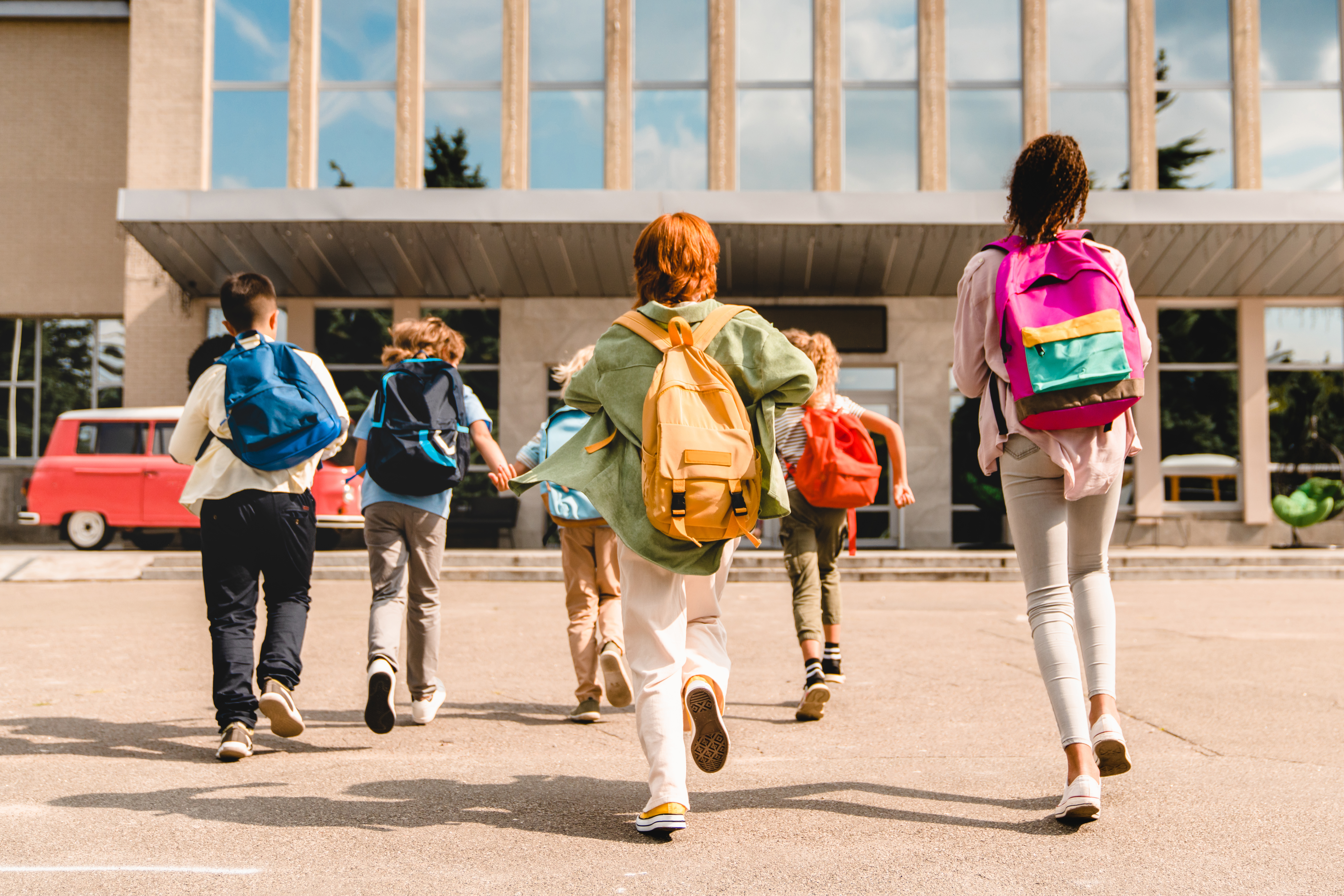Addressing the Negative Effects of COVID-19 on Student Learning

How Tutoring Can Help
Tutoring can be an effective way to address some of the negative effects of COVID-19 on student learning. Here are some ways tutoring can help:
1. Personalized Attention
Tutors provide one-on-one attention that can help students stay engaged and motivated to learn. They can work at the student's pace and adjust their teaching methods to suit the student's learning style and needs.
2. Additional Resources and Support
Tutors can provide additional resources and support to help students catch up and stay on track. They can provide feedback and guidance on homework and assignments, which can help students improve their academic performance.
3. Accountability and Feedback
Tutors can also provide accountability and feedback. They can help students set goals and monitor their progress, providing positive feedback and encouragement along the way.
4. Improved Confidence and Self-Esteem
Tutoring can also help improve students' confidence and self-esteem. By providing a supportive and encouraging learning environment, tutors can help students overcome their challenges and succeed academically.
The COVID-19 pandemic has brought about unprecedented changes in our daily lives, and one of the areas that has been significantly impacted is education. With schools shutting down to prevent the spread of the virus, students have had to adjust to remote learning. While this has been a necessary measure, it has also had negative effects on student learning. In this blog, we will explore some of these effects and how tutoring can help.
1. Learning Loss
There are many variations of passages of Lorem Ipsum available, but the majority have suffered alteration in some form, by injected humour, or randomised words which don't look even slightly believable. If you are going to use a passage of Lorem Ipsum, you need to be sure there isn't anything embarrassing hidden.There are many variations of passages of Lorem Ipsum available, but the majority have suffered alteration in some form, by injected humour, or randomised words which don't look even slightly believable. If you are going to use a passage of Lorem Ipsum, you need to be sure there isn't anything embarrassing hidden.
2. Lack of Motivation
Remote learning can be challenging for some students, and it can be easy to lose motivation when studying alone. Students who were once enthusiastic about learning may find themselves disengaged and uninspired. This can lead to poor academic performance and even dropping out of school.
3. Mental Health Issues
The pandemic has also had a significant impact on students' mental health. The uncertainty and stress of the situation, combined with the isolation caused by remote learning, can lead to anxiety, depression, and other mental health issues. This can affect students' ability to learn and perform academically.
4. Limited Interaction with Peers
One of the most significant drawbacks of remote learning is the limited interaction that students have with their peers. The social aspect of learning is essential for student development, and the lack of interaction can lead to feelings of loneliness and isolation. How Tutoring Can Help.
In conclusion, COVID-19 has had negative effects on student learning. However, tutoring can provide the personalized attention, additional resources, and support that students need to succeed academically, even in the midst of a pandemic. Tutoring can also help improve students' mental health, social interaction, and overall well-being.
